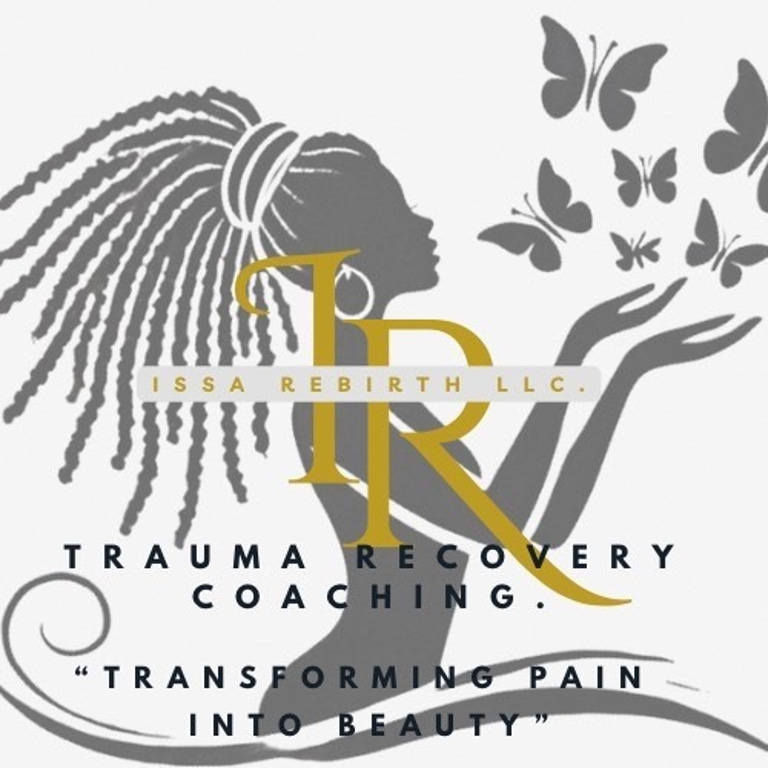Operating From Fear
Why Familiar Pain Feels Safer Than Real Love
FEAR
Kenisha Miller
6/1/20253 min read


“FEAR: False Evidence Appearing Real.”
It sounds cliché, right? But if you sit with it long enough, you start to realize just how deeply fear can trick us into accepting less than we deserve. Fear whispers to us, “At least you know how this pain feels.” And suddenly, we’re holding on to patterns, people, and pain that are destroying us—simply because they feel familiar.
When you operate from fear, you’re not really choosing love. You’re choosing survival. And survival mode doesn’t care about your joy—it only cares about keeping you “safe” in what’s known, even if what’s known is toxic.
The Cycle of Familiar Pain
Operating from fear looks like:
Holding onto relationships that mirror childhood wounds.
Accepting breadcrumbs of affection because we’re afraid nothing better will come.
Confusing chemistry with chaos, and love with emotional abandonment.
Fear tells you that leaving will hurt more than staying. It convinces you that healing is too hard, that no one else will love you like they did—even if the way they “loved” you left you broken.
And so, we let toxic partners and unresolved trauma live rent-free in our minds. We replay conversations, crave their validation, and stay emotionally entangled, even in their absence. As licensed psychotherapist Shari Botwin, LCSW explains, “Many people repeat unhealthy relationships because their trauma has conditioned them to associate love with pain” (Psychology Today).
Fear Blocks What We’re Craving Most
You say you want real love—love that sees you, holds you, honors you. But fear keeps that door locked. Because genuine love requires vulnerability. It asks you to show up, to trust, to let go of control. And if your past taught you that vulnerability equals danger, you’re going to unconsciously resist the very thing you’re longing for.
According to trauma expert Dr. Bessel van der Kolk, “The body keeps the score.” That means your nervous system remembers how it felt to be hurt, rejected, or abandoned—and it will do everything in its power to avoid a repeat performance, even if that means pushing love away.
Let the Towers Fall
Let this be your reminder: it’s okay to let the towers in your life fall.
Think of the people you tried to hold on to with everything in you… when God was trying to show you that their rejection was actually His protection. But fear had you clinging to what should’ve been released.
Not every loss is a punishment—some are divine redirections. Some closed doors are mercy in disguise.
Let them fall.
Let what’s crumbling, crumble.
You’re not losing your life—you’re making room for a better one.
So, How Do We Heal?
You start by telling yourself:
“I am safe now.”
Remind your inner child that the threat is over. You’re not that scared little girl anymore—you’re a grown woman with choices.
“Familiar doesn’t mean healthy.”
Just because it feels known doesn’t mean it’s meant for you. Love isn’t supposed to hurt like that.
“I deserve a love that feels like peace, not survival.”
When you affirm this daily, you start teaching your nervous system a new rhythm—one
of trust, softness, and safety.
You also heal by doing the deeper work:
Naming your wounds.
Reparenting the parts of you that feel unworthy.
Letting go of who hurt you, so you can make room for who’s meant for you.
As trauma-informed coach Lindsey Lockhart says, “Healing from fear-based living is about creating internal safety. Once your nervous system feels safe, your standards for love shift.”
Final Thoughts
Operating from fear will convince you to settle for less, stay too long, and shrink your light. But you’re not here to survive love—you’re here to experience it fully. And that starts with choosing you.
Start here:
Ask yourself—If I wasn’t afraid, what would I walk away from? What would I walk toward?
Sources:
Botwin, Shari. “Why We Repeat Toxic Relationships.” Psychology Today. 2022.
Van der Kolk, Bessel. The Body Keeps the Score: Brain, Mind, and Body in the Healing
of Trauma. Penguin Books, 2014.
Lockhart, Lindsey. Trauma Healing Coach. [Instagram: @lindseylockhartcoaching]

